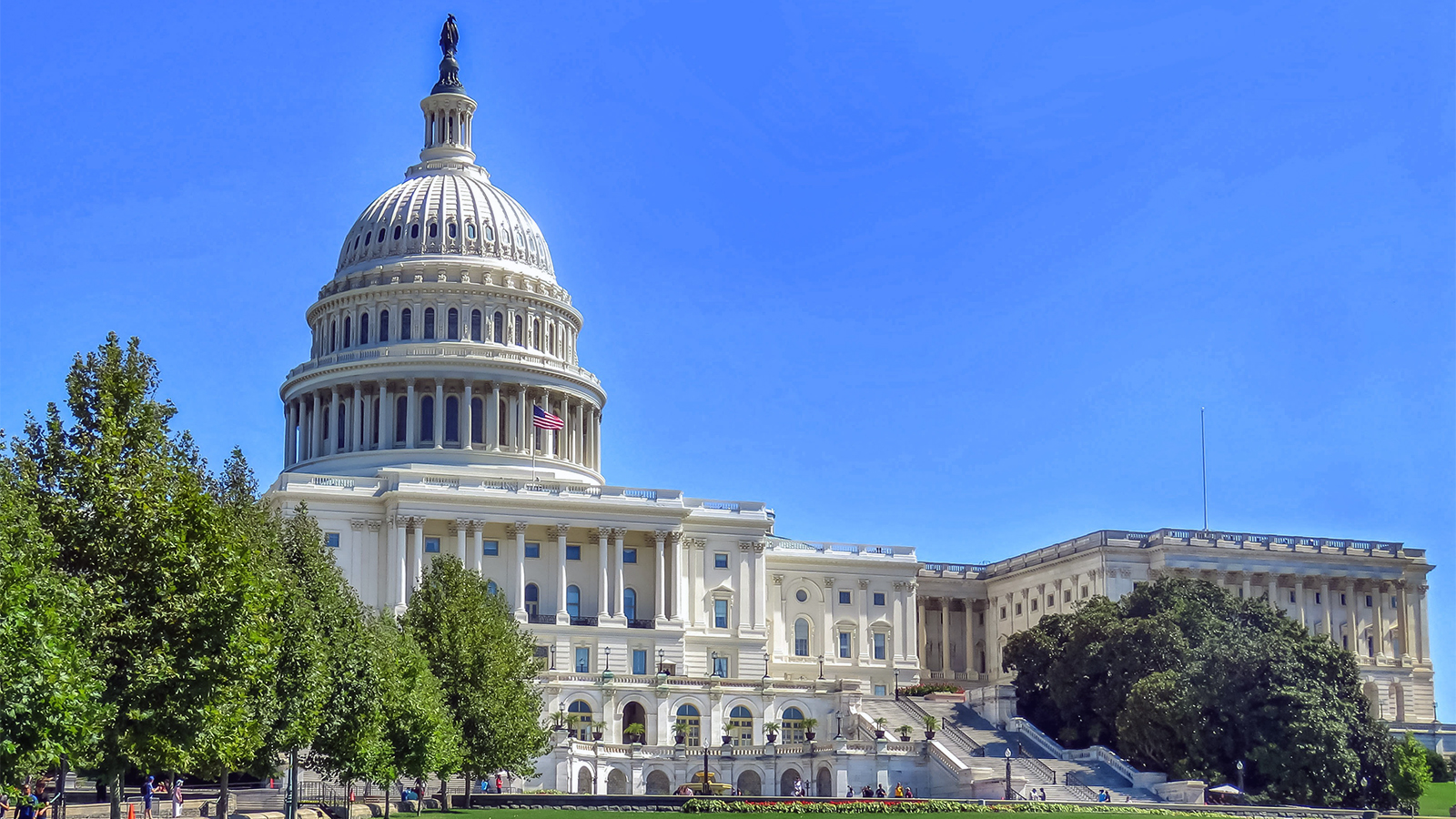GOP sneaks 10-year halt to State-driven AI regulation into budget bill
Is unrestricted use of AI good for the country?

House republicans are trying to sneak a 10-year pause on AI regulation into the Budget Reconciliation bill. Representative Brett Guthrie (R-KY), who chairs the House Committee on Energy and Commerce, introduced a provision to the Budget Reconciliation bill last Sunday night that will prevent states and local governments from enforcing any legislation on AI. According to 404 Media, this limitation was inserted into an already controversial bill and would take away the power of individual states to regulate artificial intelligence as they would see fit.
The text of the proposal, which is under Title IV, Subtitle C, Part 2c of the bill, says, “In general — except as provided in paragraph (2), no State or political subdivision thereof may enforce any law or regulation regulating artificial intelligence models, artificial intelligence systems, or automated decision systems during the 10-year period beginning on the date of the enactment of this Act.” This means that states will lose power over anything related to AI, as they cannot implement their own rules and must follow the federal directive.
Several states have already enacted laws that control the use of AI in their respective territories. For example, California mandates that health care providers must tell their patients if they use generative AI to communicate with them. Furthermore, AI developers in the state must document and publicly share the information about the data they used to train their models — a crucial law to help prevent AI companies from stealing copyrighted data. New York also requires businesses that use AI for hiring to conduct audits of their tools to avoid any bias.
The bill’s text covers a broad spectrum of AI, including models, systems, and even “automated decision systems”. This means that both new AI models and old algorithms that can make automated decisions are covered by the federal law.
Many AI and tech companies have been trying to get closer to the new administration. Several key personalities involved in AI have become key members of the administration, including Elon Musk, former PayPal COO David Sacks, and venture capitalist Marc Andreessen, who has invested in Facebook, Twitter, and OpenAI. The current government has also suspended or reversed former President Biden’s executive orders aimed at reducing the threat of uncontrolled AI development.
Follow Tom's Hardware on Google News to get our up-to-date news, analysis, and reviews in your feeds. Make sure to click the Follow button.
Get Tom's Hardware's best news and in-depth reviews, straight to your inbox.

Jowi Morales is a tech enthusiast with years of experience working in the industry. He’s been writing with several tech publications since 2021, where he’s been interested in tech hardware and consumer electronics.
-
bit_user 10 years should be long enough that AI can advocate for itself, by that point. Or maybe even seize control of the whole system!Reply
: D -
Aaron Priest "The powers not delegated to the United States by the Constitution, nor prohibited by it to the States, are reserved to the States respectively, or to the people." --Tenth Amendment, US ConstitutionReply -
usertests Reply
Using scary science fiction movies to decide policy is a bad idea. I hope this passes.logainofhades said:We have multiple movies that show why this is a bad idea. -
SomeoneElse23 ReplyAaron Priest said:"The powers not delegated to the United States by the Constitution, nor prohibited by it to the States, are reserved to the States respectively, or to the people." --Tenth Amendment, US Constitution
This. -
bit_user Reply
I prefer thought experiments to running such an experiment in an uncontrolled manner, and at national or global scale.usertests said:Using scary science fiction movies to decide policy is a bad idea. I hope this passes. -
VizzieTheViz Well that doesn’t make them seem bought and paid for politicians at all…Reply
If they’d have a comprehensive plan for federal rules to impose on AI that would be a different story, but this just seems wrong.
The examples of rules states have implemented seem pretty commonsense, why would AI companies need to be shielded from those? -
Notton In related news, the head of US copyright office was fired after taking a position on AI and copyrighted works.Reply
So Zuck leeching books off of a torrent for their AI model are now legal. -
SomeoneElse23 Just about everyone has bias.Reply
Some journalists try to be objective.
Sadly, it seems like most don't.
But, to be fair, they may not be aware of it. Everyone thinks their opinion is the right one!